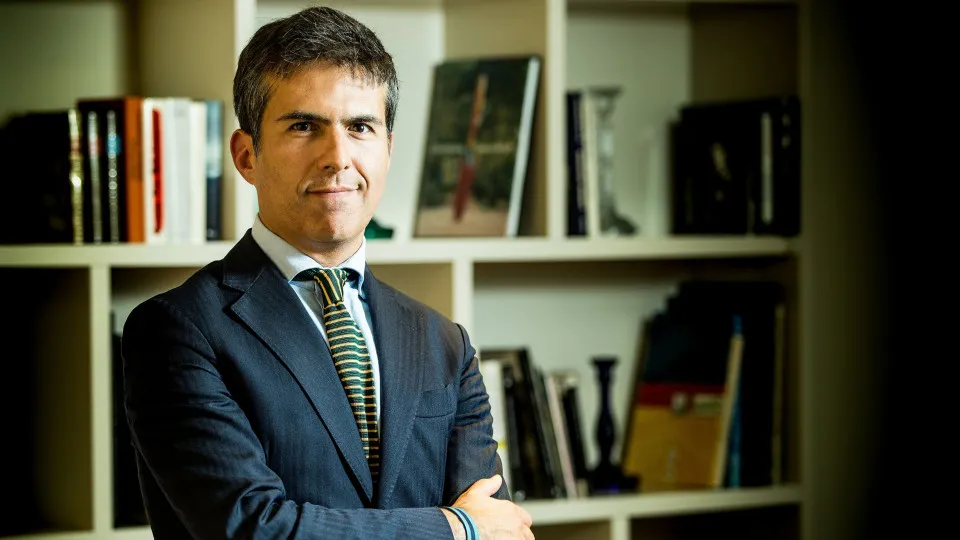
“It seems to me that right-wing populism has been more successful,” states the author of the book Algoritmocracia, which explores how artificial intelligence (AI) is transforming democracies, noting that it is not because they lie more since left-wing populism uses “exactly the same binary and Manichean views” of society.
“My interpretation, and this is truly my interpretation – it’s the contribution I bring to the debate – relates to the type of language and themes each side employs,” where left-wing populism generally tends to focus on social blame due to an unequal society with structural racism, misogyny, and homophobia.
Conversely, right-wing populism “identifies a foreign enemy,” immigrants, the attack on the homeland, the family, children, essential values.
“It touches on more primal feelings and, therefore, triggers more of our reaction: fear, outrage, and thus, are more favored by algorithms because neurologically, it touches on more sensitive points,” considers a partner in the Public Law area at Pérez-Llorca.
“Today’s democracies do not end with tanks in the streets and coups d’état,” though it can happen, “but that is not the danger we are facing,” he continues.
In terms of liberal democracies, he suggests the danger is the loss “of the importance of institutions,” he warns.
The degradation of institutions “is occurring in many countries in Europe and is worrying because it is what then transforms liberal democracies into illiberal democracies, like the one we have in Hungary,” he exemplifies.
Regarding the compromise with signs of illiberalism, blatant lies, and half-truths, “there is no doubt that the algorithmic ecosystem helps to reduce the political cost of lying,” he emphasizes.
A lie told in a common space “is quickly subjected to contradiction and exposure,” but when reality “is divided into thousands of bubbles, it is possible that a lie survives for a long time without being contradicted.”
In fact, “it is possible that the contradiction to the lie appears already tainted” as being the system’s attack “on the poor who said a truth that nobody wanted to hear,” which helps explain in part how society is tolerating so much lying, he says.
With AI, it is already difficult to distinguish the true from the false, which increases confusion about truth and lies.
Society no longer believes in something until proven otherwise but believes until proven in favor, he notes.
“We live in a time when I can say that a certain type of facts did not happen just because I choose to say they did not happen,” which “is very dangerous,” added the former Secretary of State for Tourism in Passos Coelho’s government.
Therefore, “we have words or expressions like alternative truth or alternative facts, which is a contradiction,” he adds.
Regarding what is happening today in parliament, Adolfo Mesquita Nunes says that “it is not just a chance occurrence, there is indeed a deliberate will to tarnish the image” of the institution, which is useful to populists.
In other words, the more discredited the institutions, courts, journalists, parliaments, “the better” because “then we no longer have references” on where reason and common sense lie.
The political discussion is “more belligerent,” and the center parties “are no longer able to dialogue among themselves,” he observes.
“It is not society that is currently in a phase and will quickly tire,” but rather “the result of an algorithmic system that promotes this,” insists the author, arguing that it is necessary to look and do something.




